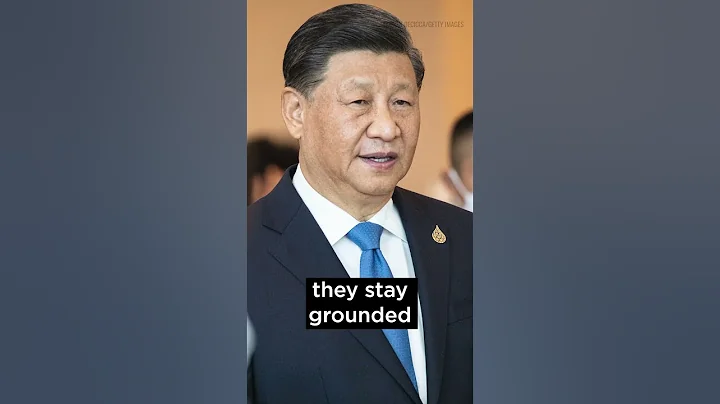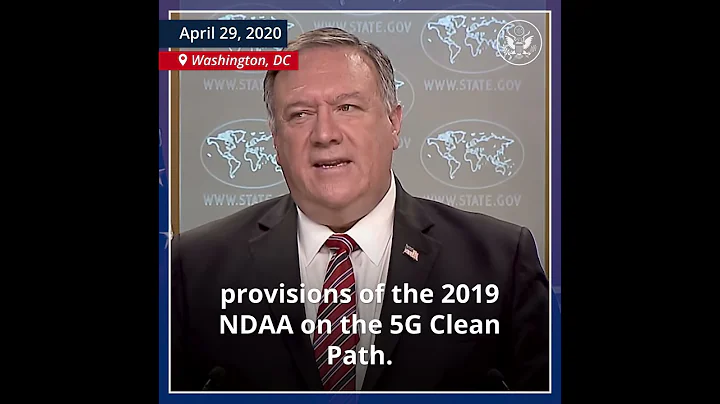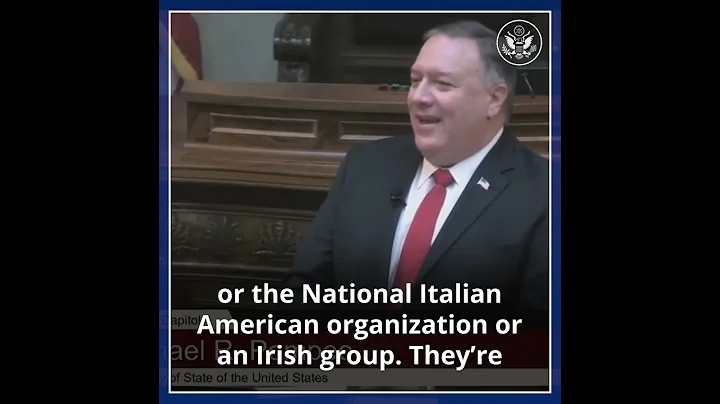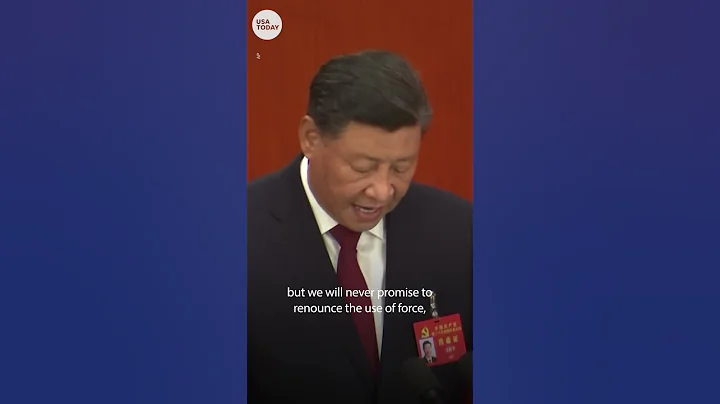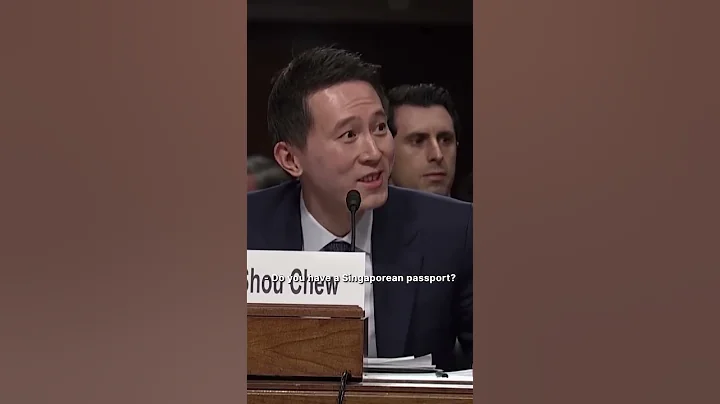The Moscow Times reported on July 15 that many Russian importers and logistics companies complained to reporters from the "Moscow Times" that they followed the instructions of the Kremlin and tried to import high-tech products to Russia through Turkey and other places, but Faced with the breach of contract by Turkish middlemen and the obstruction of , Morocco, and the Kazakhstan government.
1. Turkish middlemen refused to continue to transit parallel imports of products to Russia

It is reported that after the Russian-Ukrainian war began, before the Russian State Duma approved the "Parallel Import Law" on June 21, Russian companies were parallel importing products according to the list Import some foreign goods to meet the needs of Russian companies for high-tech parts that cannot be produced domestically.
The person in charge of a large Russian logistics operator told reporters that recently, Turkish middlemen have broken contracts and defected. Starting in late June, after receiving high-tech parts that Russia needed, Turkish middlemen not only refused to ship them to Russia, but also returned them to Russia. The products were marked with a "No re-export to the Russian Federation" label.
Shuttle-Logistics company director Nikita Kazarinov said today in a live broadcast on Tochka Bank's Telegram channel: "We are prohibited from shipping spare parts for aircraft to Russia through Turkey - the "manufacturers" have very strict controls on them."
Nikita Kazarinov explained , due to concerns about secondary sanctions from the United States and the European Union, Turkish middlemen refused to transit these products that did not belong to the consumer goods category to Russia.
Russian foreign trade merchants all admit that since this year, Turkey has been one of the most popular routes for importing parallel imported goods and sanctioned goods to Russia.
2. Russians are confused: Turkish middlemen previously made a lot of money by transshipping parallel imported goods for Russia, but now they have no money.

The reason why they like to cooperate with Turkey is because Russian companies believe that transportation through Turkey is subject to sanctions. The goods are very convenient. Turkey is a big country with a developed electronics industry. In theory, a Turkish company purchasing a batch of, for example, one hundred thousand powerful semiconductors will not arouse suspicion. Another thing is that the distributor of and in Kyrgyzstan has made the same purchase. Such a batch may exceed the needs of the Kyrgyzstan electronics industry for five years, and it is obviously easy to be suspected by the manufacturer.
Nikita Kazarinov introduced that in the past, Russian foreign trade companies would transfer funds to Turkish cooperative intermediary companies, which would place orders and ship the products Russia needs to Istanbul. The goods would be re-registered to the Russian recipient before customs clearance and sent to Russia. Logistics and transit costs are paid by Russian foreign trade companies to Turkish middlemen.
There is still no problem in importing ordinary consumer goods such as cosmetics through Turkey. In addition to logistics costs, Turkish middlemen can earn commissions from Russia of about 10-16% of the value of the goods. However, Turkish partners are increasingly refusing to transship sanctioned goods, and Russian importers are very puzzled by the practice of Turkish businessmen making money but not making money.
Many heads of Russian foreign trade companies interviewed said that they did not understand why Turkish businessmen did not make money even though they had money. This is troublesome because so far it has been impossible to establish alternatives: the threat of secondary sanctions would affect any potential partner.
3. Before Turkey rebelled, Morocco had rejected Moscow’s request to provide services for its parallel imports.
A deputy minister of the Russian Ministry of Transport and the heads of several logistics companies said that at the end of June, the Moroccan authorities had rejected Russia’s request to provide services for its parallel imports. The idea is to build new shipping terminals and trading companies in China to transship parallel imported products to Russia.
Moscow proposed to the Moroccan authorities in May to build a new transshipment terminal in Casablanca to handle goods destined for Russia and to establish a trading company through which Russia could purchase goods from third countries that Russia needs to import in parallel. . Moscow officials involved in the discussions told The Moscow Times that a deputy transport minister confirmed this.
According to them, the idea is to create a hub there to supply parallel import goods to Russia, which would partially replace European ports, which are closed to goods destined for Russia due to sanctions. At the meeting at the Ministry of Transport, officials discussed the establishment of such hubs at the ports of Casablanca and Tangier with representatives of Moroccan and foreign transport companies, according to participants. There are also plans to organize a Casablanca- St. Petersburg feeder: containers from ocean-going ships calling at the deep-water port will be reloaded onto smaller (feeder) ships and delivered to Russia. The final element of the plan was to open a trading company to operate for Russian interests.
The Russian Deputy Minister of Transport explained that this should help restore imports of goods to Russia. After Russia imposed sanctions, imported goods suffered a collapse, and many companies stopped work and production.
4. Kazakhstan has also passed legislation to prevent parallel imports from Russia.

Russia also purchases goods from friendly countries (such as Uzbekistan ) through pseudo-transit through Kazakhstan and by dealers. In the first case, a Kazakh company buys products in Europe, imports them to Russia via the Baltic countries as a transit point, and sells the goods to local buyers at Russian customs warehouses.
Kazarinov said the plan is currently working. But what is very troublesome is that recently, Russia and Kazakhstan have had larger and increasingly intensified conflicts. Kazakhstan not only refuses to recognize the two independent states of Ukraine and East China as countries, but has also recently passed many laws in a hurry to prohibit Kazakhstan's companies from providing transit convenience for Russian parallel imports.
5. Russia also has Plan B for parallel imports, but it is high-cost and low-efficiency

Before the start of the Russo-Ukrainian War, most goods from America and Asia were shipped to Russia through European ports. Almost 2/3 of imported containers are shipped via seaborne container ships to Hamburg and Rotterdam, where they are reloaded without inspection onto feeder ships, mainly destined for St. Petersburg and ports in Poland and other Baltic countries. Now the route is frozen due to sanctions. Goods from China are now shipped to Russia via overloaded Far East and Turkish ports, and from India via Iran, Caspian Sea ports and Central Asian countries.
The Russian Deputy Minister of Transport said that they also have "Plan B" for parallel imports, which is to increase imports from India through Iran, the Caspian Sea or Central Asian republics. But the line lacks capacity, prices are skyrocketing and delivery times are increasing. In addition, in order to implement the plan, it is necessary to find an intermediary to receive the goods through which the goods are delivered, and his services also increase the cost of the goods.
6. Why is the parallel import supply chain so important to Russia?

According to CMASF, curbing the supply of key intermediate imports will become a major issue in determining the medium-term prospects of the Russian economy. Even if demand eventually begins to recover, Russian companies may not be able to produce it due to a lack of foreign parts and raw materials. This, in turn, will be a factor in deepening the recession.
Analysts from the Bank of Russia pointed out in a report "What Trends Say" that although imports are partially recovering, including due to the development of parallel imports, their volumes are nonetheless significantly lower than those before March. This is especially true for intermediate and investment products. At the same time, domestic production of such goods has not grown significantly.
Central Bank Analysts warned that this poses a big risk: as stocks of raw materials and materials run low and equipment resources are exhausted, the decline in the production and supply of goods in the economy may intensify.
[Author: Xu Sanlang]












